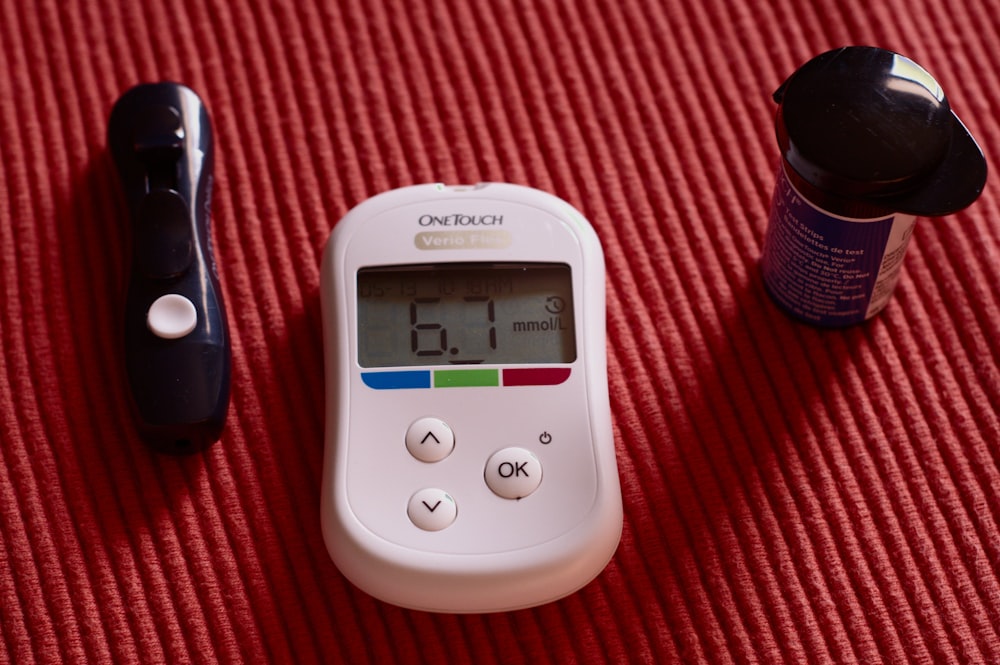16/8 intermittent fasting is a type of diet that has grown in popularity over recent years. Fasting for 16 hours and eating during an 8 hour time frame, this type of diet can be beneficial to those with diabetes. Fasting can lead to a reduction in blood sugar levels, which may help control diabetes symptoms. In this blog post, we will discuss the benefits of 16/8 intermittent fasting and how it might be able to help people with diabetes manage their condition!
How 16/8 intermittent fasting can help fight diabetes
16/8 intermittent fasting can help people with diabetes control their blood sugar levels by reducing the number of insulin injections they need. Fasting for 16 hours also reduces oxidative stress, which is a feeling that causes inflammation and leads to diabetes complications such as heart disease. Fasting can also cause weight loss, which may lower risk factors like bad cholesterol or high blood pressure. Fasting also has been shown to improve insulin sensitivity, which can help prevent diabetes altogether!

Blood Sugar
When blood sugar levels are low, your body has to draw on energy or stored fats for fuel. Fats that are injected into the bloodstream as fatty acids can cause an insulin spike if they remain in the bloodstream long enough. Consuming fat during a fast may help regulate glucose and insulin levels.
16/8 intermittent fasting can help people with diabetes manage their blood sugar by reducing the number of insulin injections they need. Fasting for 16 hours also reduces oxidative stress, which is a feeling that causes inflammation and leads to diabetes complications such as heart disease. Fasting can also cause weight loss, which may lower risk factors like bad cholesterol or high blood pressure.

Weight Loss
Fasting can help individuals lose weight in a healthy way. Fasting helps conserve the body’s energy stores and lowers insulin levels, which regulate appetite. Fasting is also associated with lowered inflammation and reduced oxidative stress.
Fasting can be made safe even for those with diabetes by maintaining medication or insulin dosages during fasting days.

What is intermittent fasting and why does it work for diabetes prevention?
Fasting is the act of abstaining from eating for a certain period of time. Fast periods can be anywhere between 12-24 hours, and it works by reducing oxidative stress in the body which leads to diabetes complications like heart disease or bad cholesterol. Fasting also helps regulate glucose levels because when blood sugar levels are low, your body turns to stored fats for energy.

How to start an intermittent fasting routine
Fasting is beneficial for diabetes because it reduces the need to take insulin injections. Fasting also helps lower oxidative stress and inflammation, which are two of the major risk factors for diabetes complications like heart disease or bad cholesterol.
The type of intermittent fasting that has been most studied in relation to diabetes prevention is 16/8 intermittent fasting, meaning one fast for 16 hours and one eating window of eight. Fasting can be safe even for the diabetic by maintaining medication or insulin dosages during fasting days.
The most important tip is to drink lots of water! Fasting increases your metabolism, which means you will need more fluids than usual especially if you’re exercising on a fast day. It’s also important to keep a food diary so you can find out what your triggers are and create strategies for staying on track. Fasting is only beneficial if it lasts at least 16 hours, which means skipping breakfast or dinner won’t help diabetes prevention efforts like they might for weight loss.

What should you eat when you can?
During fasting periods, it is important to eat healthy foods so you don’t feel deprived.
Some popular foods in between fasts are fruits like apples, oranges, or bananas. Fruits are low in sugar so they won’t spike your blood sugar levels and are full of vitamins to help you stay healthy!
Some other great options for fasting include boiled eggs, tuna salad sandwiches, vegetables like broccoli or carrots with hummus, whole grain pasta with tomato sauce, scrambled eggs on toast – the list goes on.

Common misconceptions about 16/8 intermittent fasting
There are many misconceptions about 16/16 intermittent fasting, and one is that it doesn’t work. Fasting does not cause diabetes or weight loss – people who have these conditions may want to try intermittent fasting because of its other benefits for managing disease symptoms like regulating glucose levels. Fasting also helps decrease inflammation which is a major risk factor in developing diabetes. Fasting should be safe for most people with diabetes if they maintain their medication or insulin dosages, and it can help lower blood sugar levels in diabetics who don’t take medications like metformin because of its effects on the body’s ability to control glucose production.
Should you fast every day of the week?
Fast days can be anywhere from 12-24 hours, and it’s best to do them as often as you have time. Fasting is safe for healthy people but those with diabetes or other medical conditions should consult their doctor before fasting too frequently (more than once per week). Fasters will experience increased energy levels, weight loss, improved cognitive function.

How many meals can you have when you are not fasting?
When you’re not fasting, it is important to eat healthy foods and avoid sugar-rich or fatty foods because these can cause weight gain. Fasting makes it easier for people with diabetes to control their blood glucose levels so they should still maintain a balanced diet when they are not eating in between fasts – this means lots of vegetables!
You should still aim to reach your daily calories each day even though you are fasting.

Final Thoughts
16/8 Intermittent Fasting can be used to reduce diabetes and help those who have type 1, 2 or 3. Those with Type 1 Diabetes should consult their doctor before beginning this practice; however, for those with Types 2 & 3, there are many benefits to the regular intermittent fasting that may lead to a reduced risk of developing these conditions in the future. We hope we’ve provided some valuable tips today!










